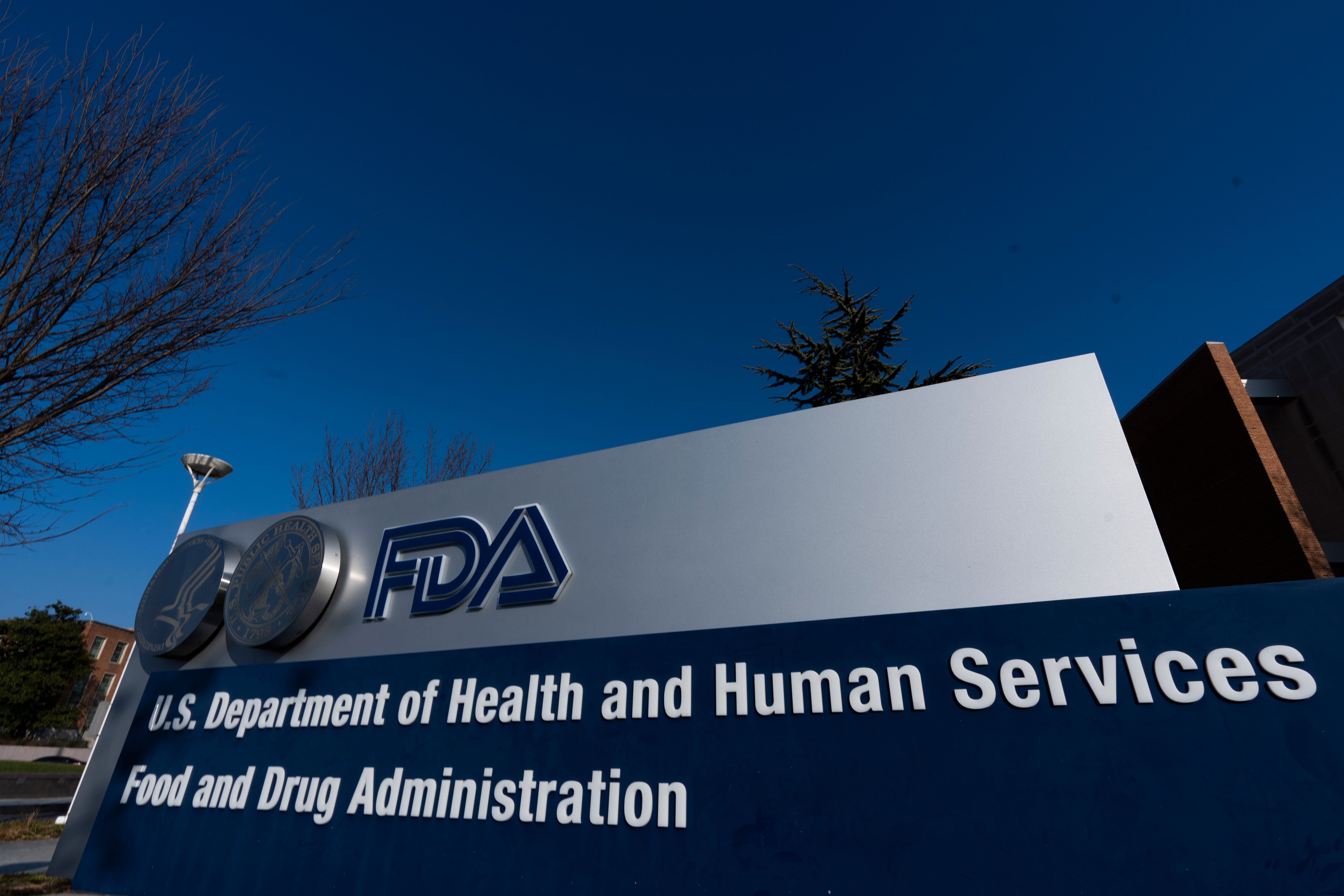FDA changes Plan B label, clarifies it won't cause abortion
The Food and Drug Administration announced Friday that it will overhaul packaging labels for the emergency contraceptive pill, Plan B, that women can take after having sex to prevent a pregnancy

Your support helps us to tell the story
From reproductive rights to climate change to Big Tech, The Independent is on the ground when the story is developing. Whether it's investigating the financials of Elon Musk's pro-Trump PAC or producing our latest documentary, 'The A Word', which shines a light on the American women fighting for reproductive rights, we know how important it is to parse out the facts from the messaging.
At such a critical moment in US history, we need reporters on the ground. Your donation allows us to keep sending journalists to speak to both sides of the story.
The Independent is trusted by Americans across the entire political spectrum. And unlike many other quality news outlets, we choose not to lock Americans out of our reporting and analysis with paywalls. We believe quality journalism should be available to everyone, paid for by those who can afford it.
Your support makes all the difference.The Food and Drug Administration announced Friday that it will overhaul packaging labels for the emergency contraceptive pill, Plan B, that women can take after having sex to prevent a pregnancy.
The federal agency said it will remove references on the contraception's packaging that claim, without scientific evidence, that the pill prevents a fertilized egg from implanting in the womb.
The new labels are intended to further distinguish the emergency contraception — also known as the morning after pill — from abortion pills, which end a pregnancy after a fertilized egg has implanted in the lining of a woman’s uterus.
In a memo released Friday, the FDA clarified that taking Plan B pills is not the same as an abortion, a fact that has long been understood in the medical community.
“Evidence does not support that the drug affects implantation or maintenance of a pregnancy after implantation, therefore it does not terminate a pregnancy,” the FDA said in its statement.
The agency added that the emergency contraception works similarly to birth control in preventing pregnancy, but contains a higher dose of levonorgestrel. The pill prevents ovulation.
About a quarter of women say they've used emergency contraception pills at some point, according to a survey by the Centers for Disease Control released last year.
Still, concern has swirled that access to emergency contraception such as Plan B might be limited in some states, after the U.S. Supreme Court overturned the constitutional right to an abortion this summer. Nevada's Republican governor-elect said he'd consider banning the pill during a debate this year. School clinics in Idaho also prohibited the pills under a law banning public funding for “abortion related services" last year.
The Food and Drug Administration has approved Plan B for use up to 72 hours, or three days, after unprotected sex. Women are able to get the emergency contraception over the counter.